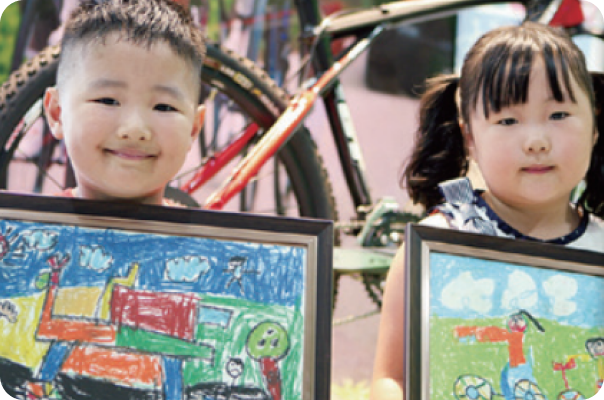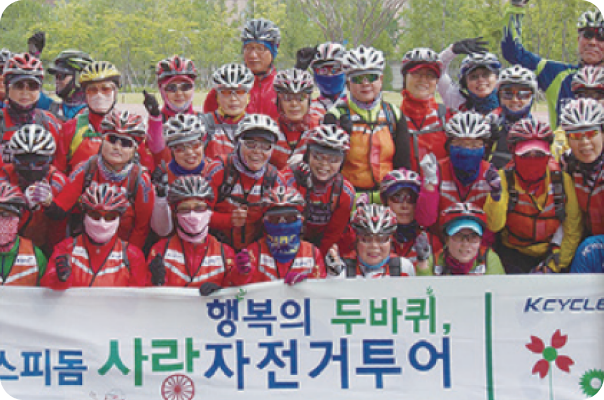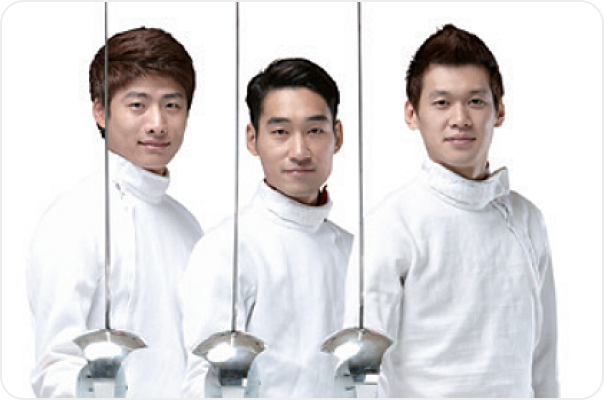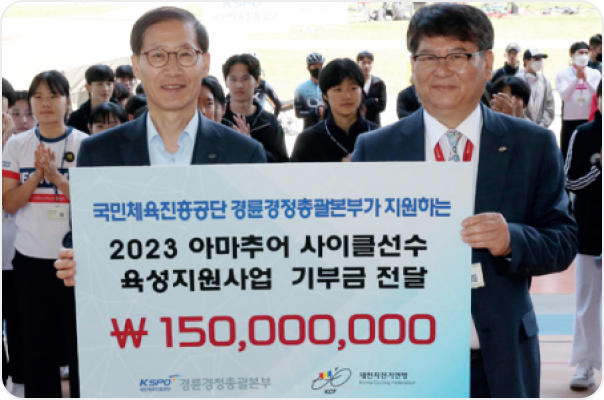

Please wait a moment!
The page is loading!


The page is loading!
K-Cycle racing is a new participatory leisure sport
K-Cycle racing is not a time trial aimed at determining the fastest rider. Competitors of similar abilities and skills compete in ranking-based races, employing their strategies to cross the finish line first. Participants predict the winner by analysing the riders’ abilities, conditions, and strategies, purchase race tickets, and receive payouts upon correctly identifying the victor.

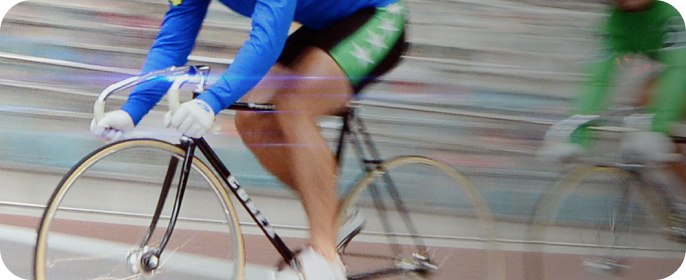
Refers to K-Cycle racing held every Friday, Saturday and Sunday.
Features competitions with specific titles on the line, involving top-ranked riders from each grade.
The final event of the season, featuring the best riders of the year participate to determine the K-Cycle racing champion.
Special-purpose events held for specific business objectives. Examples include qualifying events for the Sydney Olympics, charity cycling events for flood relief, and friendship cycling events between Korea and Japan.
Examples include the Rookie King Tournament, held to determine the best new graduate rider of the year.
In paced races, a lead guide helps competitors maintain a consistent pace while shielding them from wind resistance. The lead guide withdraws from the race approximately 700 metres before the finish, allowing competitors to sprint to the line. (The lead guide is not subject to voting or betting.)
Other types of cycling include regular races, sprint races, and elimination races, though these are not currently in operation.
It is a public service project that returns all proceeds, after deducting customer refunds and statutory taxes, as well as all remaining revenue excluding event operation costs, to society through initiatives such as the National Sports Promotion Fund and local finance support.
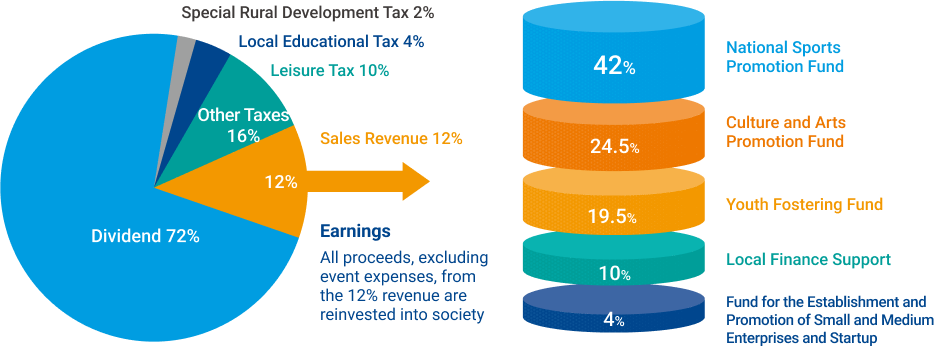
K-Cycle racing not only enhances performance in cycling competitions but also promotes cycle riding as a widespread activity, contributing significantly to improving public health, addressing urban environmental issues, and solving traffic problems as a green sport.
It carries out various social contribution activities aimed at sharing and co-prosperity, such as supporting the development of amateur riders, operating cycle safety classes for underprivileged children and youth, and providing support for disabled riders.
